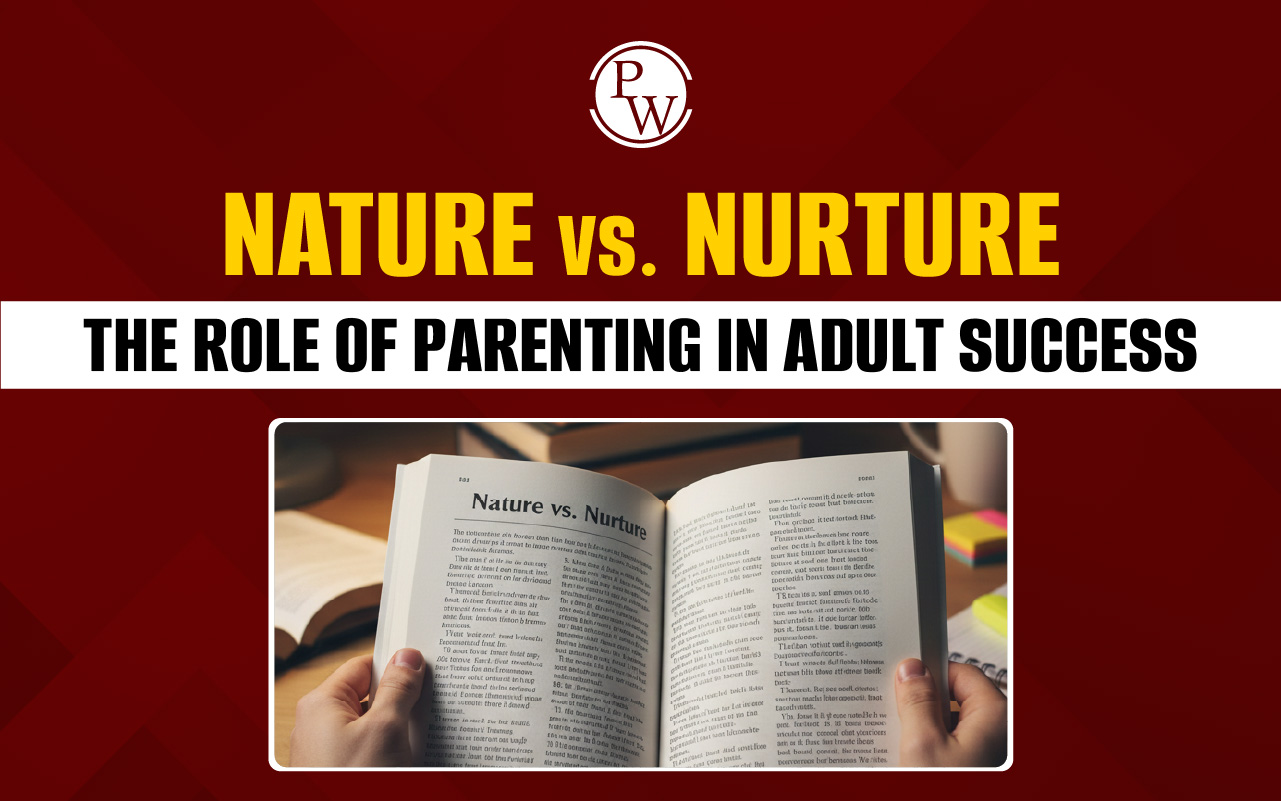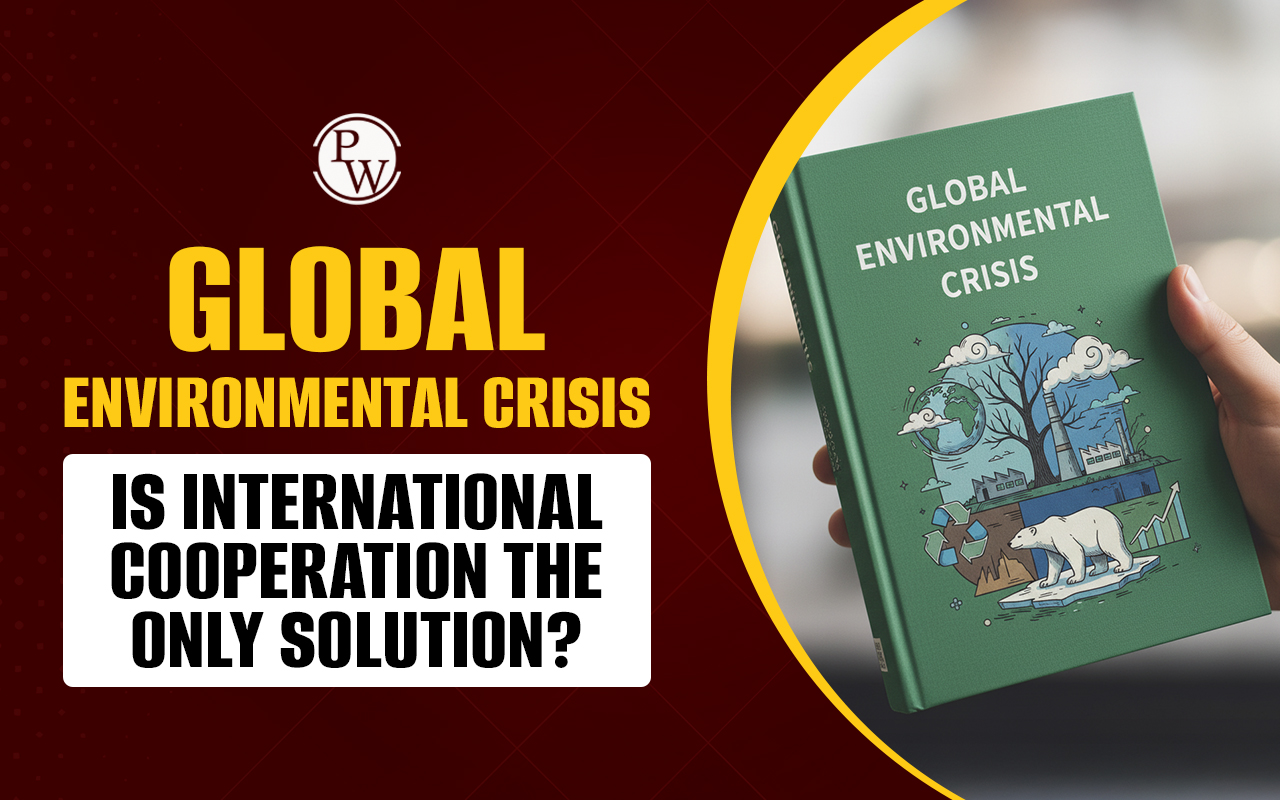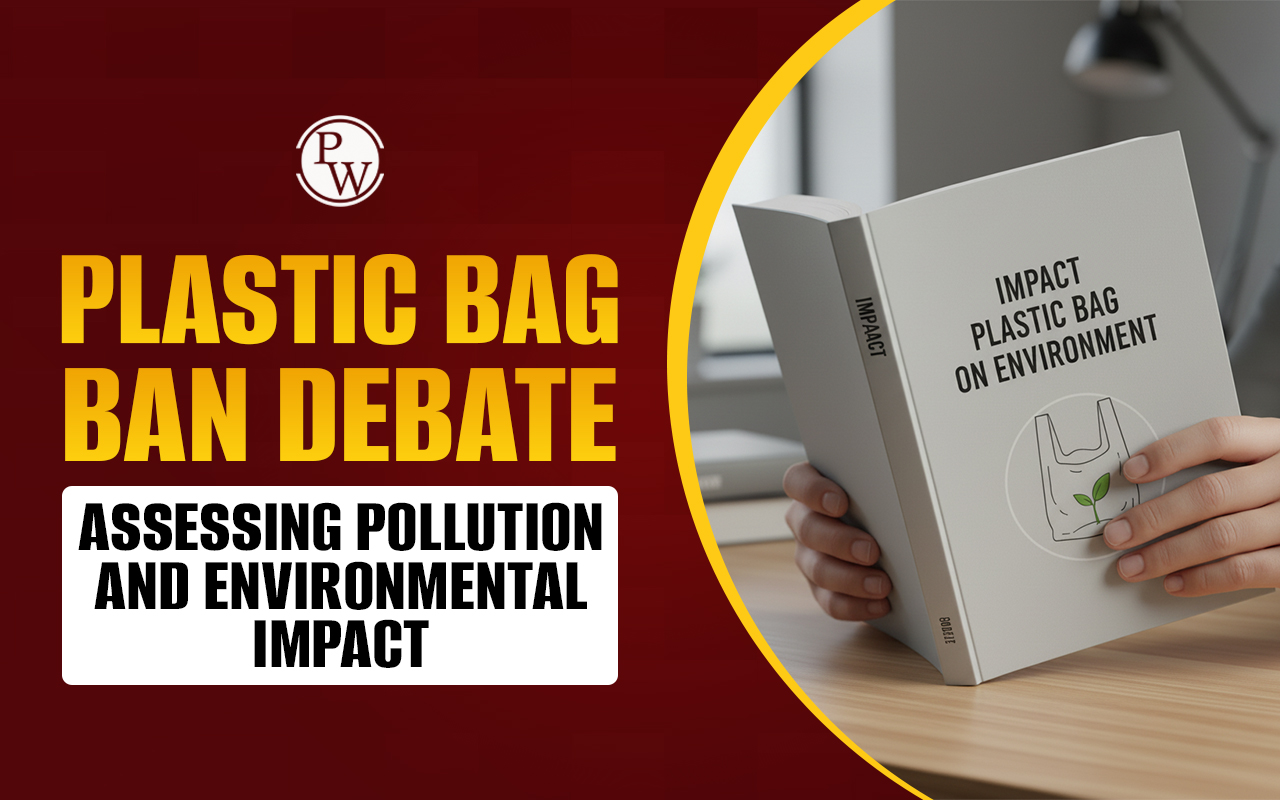
Global Warming The Beginning Of The End Reading Answers: Global Warming The Beginning Of The End is a frequently featured IELTS reading passage that focuses on the scientific, social, and environmental impacts of climate change. The passage presents alarming data about rising temperatures, melting ice caps, and ecological disruption, encouraging test-takers to interpret complex environmental information.
When approaching Global Warming The Beginning Of The End, candidates must be skilled in extracting factual information, understanding causes and effects, and identifying the writer’s opinion or tone. If you're unsure how to solve IELTS reading passage on Global warming the beginning of the end, this guide will help you break it down step-by-step.
Free IELTS Reading Practice Tests
Global Warming The Beginning Of The End Reading Answers Passage
You should spend about 20 minutes on Questions 1-14 which are based on the Reading Passage below.
Global Warming: The Beginning of the End
Section A
Job sharing refers to a situation in which two people divide the responsibility of one full-time job. The two people willingly act as part-time workers, enough hours between them to fulfill the duties of a full-time worker. If they each work half the job, for example, they each receive 50 per cent of the job's wages, its holidays and its other benefits. Of course, some job sharers take a smaller or larger share of the responsibilities of the position, receiving a lesser or greater share of the benefits. Job sharing differs from conventional part-time work in that it is mainly (although not exclusively) occurring in the more highly skilled and professional areas, which entail higher levels of responsibility and employee commitment. Until recently, these characteristics were not generally seen as compatible with anything less than full-time employment. Thus, the demands of job sharing are reciprocated by better pay and conditions and, ideally, more satisfaction than conventional part-time work.
Section B
Job sharing should not be confused with the term work sharing, which pertains to increasing the number of jobs by reducing the number of hours of each existing job, thus offering more positions to the growing number of unemployed people. Job sharing, by contrast, is not designed to address unemployment problems; its focus, rather, is to provide well-paid work for skilled workers and professionals who want more free time for other pursuits.
Section C
As would be expected, women comprise the bulk of job sharers. A survey carried out in 1988 by Britain's Equal Opportunities Commission (EOC) revealed that 78 percent of shares were female, the majority of whom were between the ages of 20 and 40 years of age. Subsequent studies have come up with similar results. Many of these women were re-entering the job market after having had children, but they chose not to seek part-time work because it would have meant reduced wages and lower status. Job sharing also offered an acceptable transition back into full-time work after a long absence.
Section D
Although job sharing is still seen as too radical by many companies, those that have chosen to experiment with it include large businesses with conservative reputations. One of Britain's major banks, the National Westminster Bank, for example, offers a limited number of shared positions intended to give long-serving employees a break from full-time work. British Telecom, meanwhile, maintains 25 shared posts because, according to its personnel department, 'some of the job sharers might otherwise have left the company and we are now able to retain them.' Two wide-ranging surveys carried out in the country in 1989 revealed the proportion of large and medium-sized private-sector businesses that allow job sharing to be between 16 and 25 per cent. Some 78 percent of job sharers, however, work in public-sector jobs.
Section E
The types of jobs that are shared vary, but include positions that involve responsibility for many subordinates. Research into shared senior management positions suggests that even such high-pressure work can be shared between two people with little adjustment, provided the personalities and temperaments of the sharers are not vastly different from one another. A 1991 study of employees working under supervisory positions shared by two people showed that those who prefer such a situation do so for several reasons. Most prevalent were those who felt there was less bias in the evaluation of their work because having two assessments provided for a greater degree of fairness.
Section F
The necessity of close cooperation and collaboration when sharing a job with another person makes the actual work quite different from conventional one-position, one-position jobs. However, to ensure a greater chance that the partnership will succeed, each person needs to know the strengths, weaknesses and preferences of his or her partner before applying for a position. Moreover, there must be an equitable allocation of both routine tasks and interesting ones. In sum, for a position to be job-shared well, the two individuals must be well-matched and must treat each other as equals.
Also Read:
Global Warming The Beginning Of The End Reading Answers Sample Questions
Here are some sample IELTS Reading questions based on the passage Global Warming The Beginning Of The End:
Questions 1–5: Complete the sentences below.
Choose NO MORE THAN TWO WORDS from the passage for each answer.
-
The Stern Review focused on climate change through an __________ perspective.
-
The report predicts a temperature rise of up to __________ degrees Celsius if no action is taken.
-
Melting glaciers will reduce the __________ for billions of people.
-
Sea level rise could flood major cities such as __________ and __________.
-
Oceans absorbing CO₂ will increase their __________, endangering marine life.
Questions 6–9: Choose the correct letter, A, B, C or D.
Write the correct letter in boxes 6–9 on your answer sheet.
-
What is one likely impact of the melting Antarctic and Arctic ice?
A. Increase in desert land
B. Complete loss of rainfall
C. Catastrophic rise in sea levels
D. Loss of mountain ranges -
What is predicted to happen to Arctic summers within the next decade?
A. They will get colder
B. They will be storm-free
C. They will be free of ice
D. They will become shorter -
Why is the fishing industry under threat?
A. Coral bleaching increases competition
B. Acidity kills large numbers of fish
C. People no longer eat fish
D. Warmer water boosts shark populations -
What will happen to dry regions like Africa and Australia?
A. They will receive more rainfall
B. They will become colder
C. Water availability will decrease
D. Their populations will relocate
Questions 10–11: Write your answers in NO MORE THAN THREE WORDS.
Answer the following questions using information from the passage.
-
What kind of weather events are expected to become more frequent and severe?
-
Which US natural disaster is cited as an example of climate-induced havoc?
Questions 12–14: Do the following statements agree with the information in the passage?
Write
TRUE – if the statement agrees with the information
FALSE – if the statement contradicts the information
NOT GIVEN – if there is no information on this
-
The Stern Review encourages abandoning economic growth to save the environment.
-
Bjorn Lomborg believes the environmental threat is not as serious as claimed.
-
The Kyoto Accord was fully supported by the Omgivelse group.
Global Warming The Beginning Of The End Reading Answers
Answers to Questions 1-14
|
Question |
Answer |
Explanation |
|---|---|---|
|
1 |
economic |
The Stern Review focused on the economics of climate change. |
|
2 |
five |
The passage mentions a potential rise of up to five degrees Celsius. |
|
3 |
water supply |
Melting glaciers threaten the water supply of billions. |
|
4 |
London, Tokyo |
These two cities are specifically mentioned as vulnerable to flooding. |
|
5 |
acidity |
Oceans absorbing CO₂ will increase acidity, harming ecosystems. |
|
6 |
C |
The passage states this will result in catastrophic rises in sea levels. |
|
7 |
C |
Arctic summers are expected to be ice-free within 10 years. |
|
8 |
B |
CO₂ absorption causes acidity, leading to marine species extinction and threat to fishing. |
|
9 |
C |
There will be a decrease of up to 30% in water availability. |
|
10 |
hurricanes, cyclones, tidal waves |
These are the extreme weather events mentioned. |
|
11 |
Hurricane Katrina |
Katrina is used as an example of environmental and economic devastation. |
|
12 |
FALSE |
Stern suggests economic growth can continue if action is taken—not that it must stop. |
|
13 |
TRUE |
Lomborg and the Omgivelse group argue the threats are exaggerated. |
|
14 |
NOT GIVEN |
The passage does not say whether the Omgivelse group supported or opposed the Kyoto Accord explicitly. |
| IELTS Reading Band Score | IELTS Listening Band Score |
| IELTS Speaking Band Score | IELTS Writing Band Score |
Guidance of PW IELTS
Physics Wallah offers a few popular online IELTS courses for all students. Follow the latest IELTS articles to better prepare for the exam.
| IELTS Registration | IELTS Eligibility Criteria |
| IELTS Exam Pattern | IELTS Syllabus |
| IELTS Exam Dates | IDP IELTS Test Centers |









